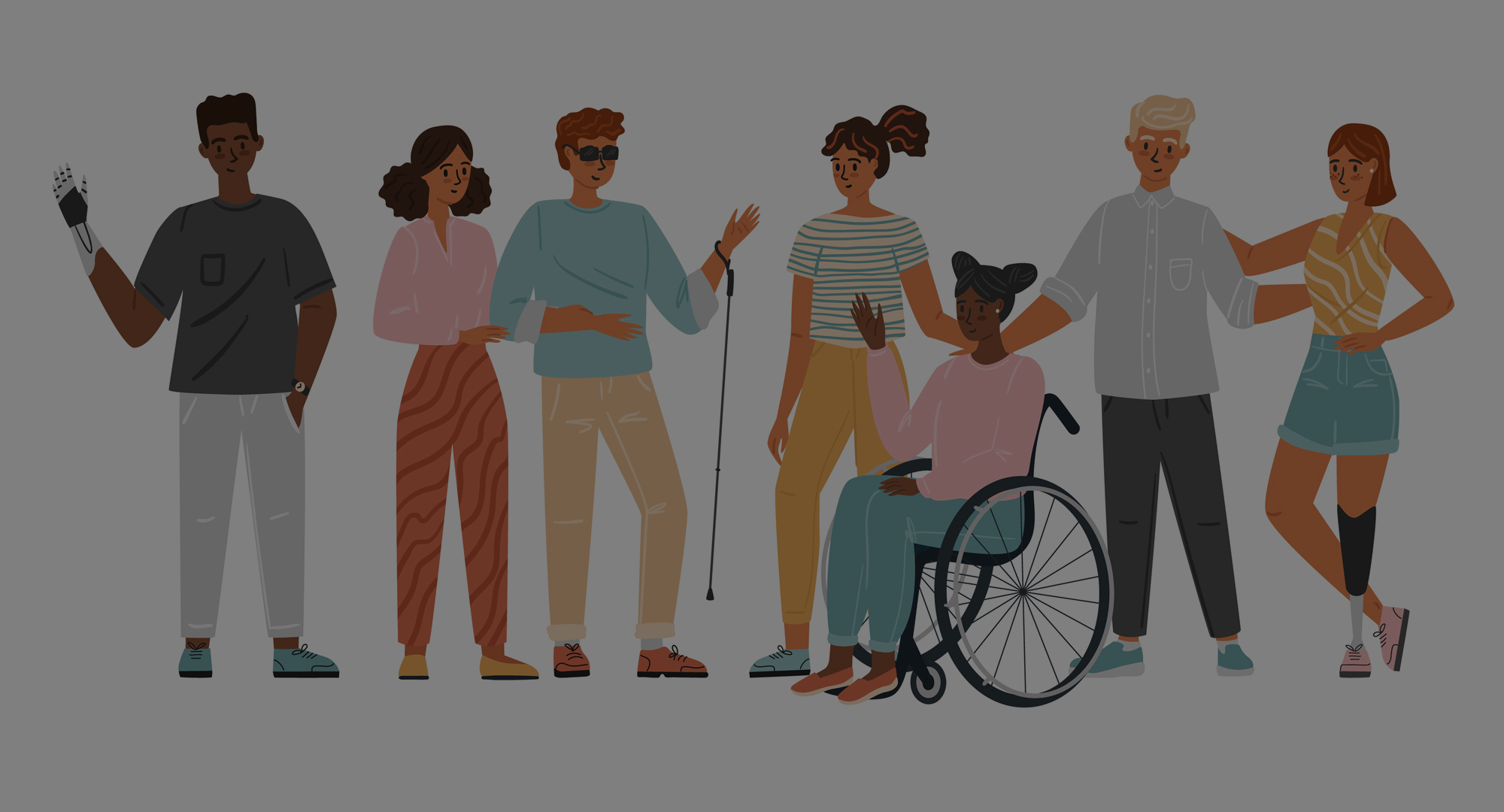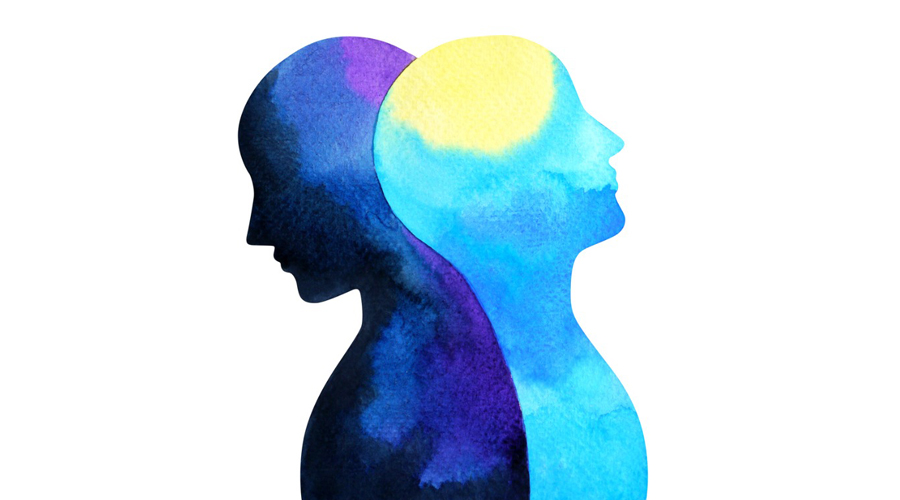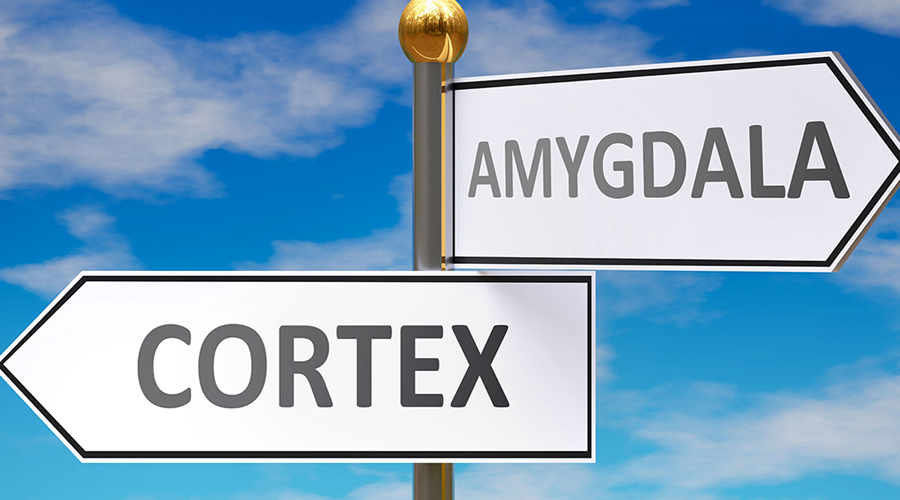
Promoting Mental Health in Diverse Communities
Promoting Mental Health in Diverse Communities: Why it matters
By Dr. Kate Truitt
Diversity, equity, and inclusion are crucial for creating strong, healthy, and resilient communities. In this blog, we’ll focus on how diversity, equity, and inclusion intersect with community issues, mental health, and resilience.
Community issues are complex and multifaceted, and it’s essential to understand that different groups have unique needs and experiences. For example, marginalized communities may need more access to resources like healthcare, education, and affordable housing. It’s crucial that community leaders and organizations take steps to address these disparities and ensure that all members of the community have access to the resources they need to thrive. This can include creating programs and initiatives that specifically target marginalized groups, as well as working with community members to understand and address their unique needs.
Mental health is another critical issue that is closely connected to diversity, equity, and inclusion. Mental health conditions can affect anyone, but certain populations may experience higher rates of mental health conditions due to the effects of discrimination, poverty, and other social factors. It’s essential that community leaders and organizations take steps to understand and address these disparities. This can include providing mental health resources, such as counseling services, employee assistance programs, and mental health days.
Resilience is the ability to adapt and recover from difficult situations, and it’s essential for communities to be resilient in order to thrive. Building resilience in diverse communities requires understanding and addressing the unique needs of different groups. This can include creating support networks, providing resources, and working with community members to build their capacity for resilience.
In conclusion, diversity, equity, and inclusion are crucial for creating strong, healthy, and resilient communities. It’s essential that community leaders and organizations take steps to understand and address the unique needs and experiences of different groups, in order to create truly inclusive and equitable communities. By prioritizing diversity, equity, and inclusion, we can build stronger, more resilient communities for all.

















